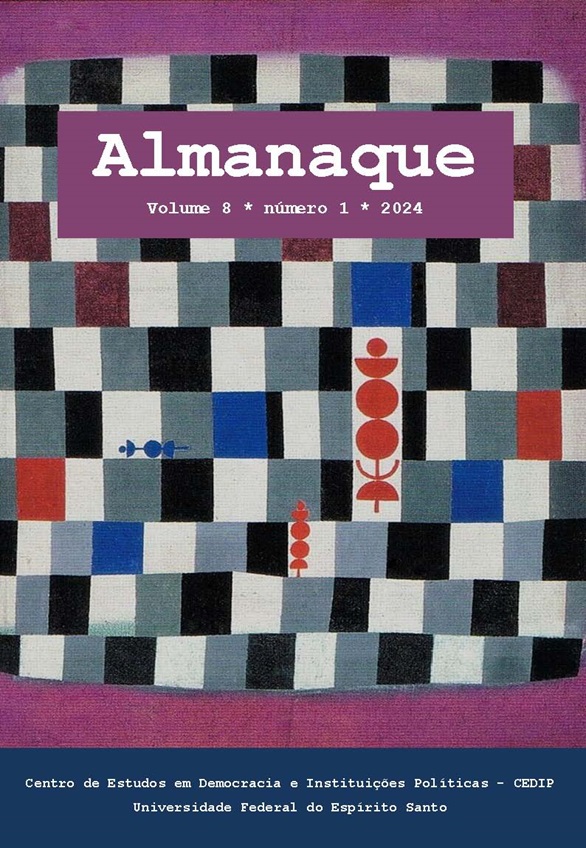Rural youth, gender relations and the National School Feeding Program (PNAE) as a strengthening of public policies in Sergipe
Abstract
This article discusses the importance and role of rural women in productive units in Sergipe, reflecting on the importance of public policies, access to credit, income prospects and improvements in living conditions. Even with the advances achieved, especially within the scope of some policies recognizing women's rights, gender inequalities are still present in the reality of the countryside. Support for family agricultural production is very important for boosting the economy of many Brazilian rural regions that need opportunities to develop. Therefore, it is possible to affirm that family farming plays a fundamental role in the growth of the economy and the improvement of farmers' lives and that public policies play an important role in strengthening and valuing them. Therefore, this article highlights the female condition in rural work in the state of Sergipe and draws attention to the development of public policies to encourage production in family farming, as a possibility for improving their living conditions. And the contribution of women in this area is active, however, it is devalued by society that persists in the sexual division of tasks, often making women's economic, social and cultural contributions invisible.
Downloads
Downloads
Published
Issue
Section
License
Proposta de Política para Periódicos de Acesso Livre
Os autores mantém os direitos autorais das ideias contidas nos trabalhos e concedem à revista o direito de publicação. Os autores têm autorização para assumir contratos adicionais separadamente, para distribuição não-exclusiva da versão do trabalho publicada nesta revista (ex.: publicar em repositório institucional ou como capítulo de livro), com reconhecimento de autoria e publicação inicial nesta revista.
Os textos da revista estão licenciados com uma Licença Creative Commons Atribuição-NãoComercial-SemDerivações 4.0 Internacional (CC BY-NC-ND).






